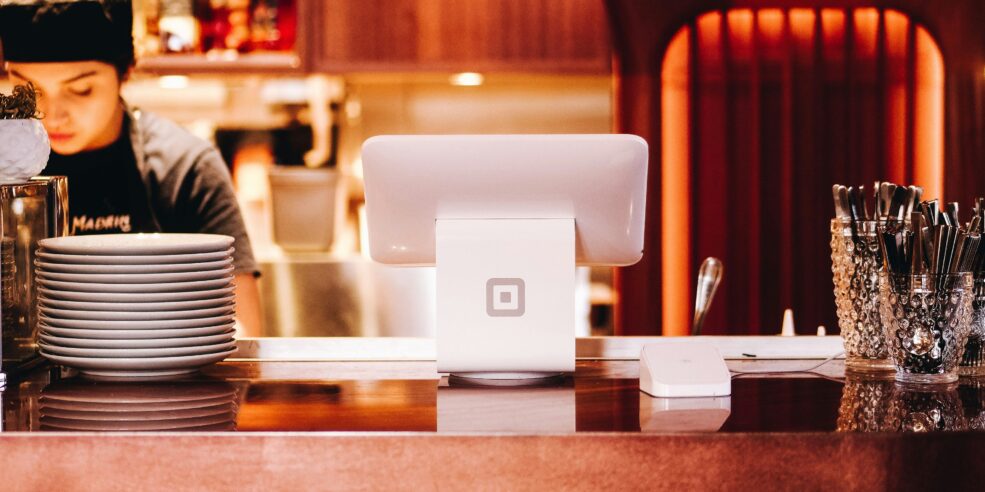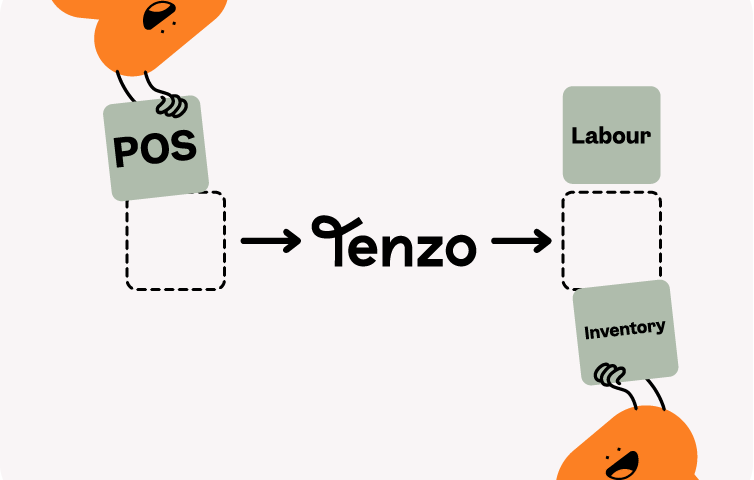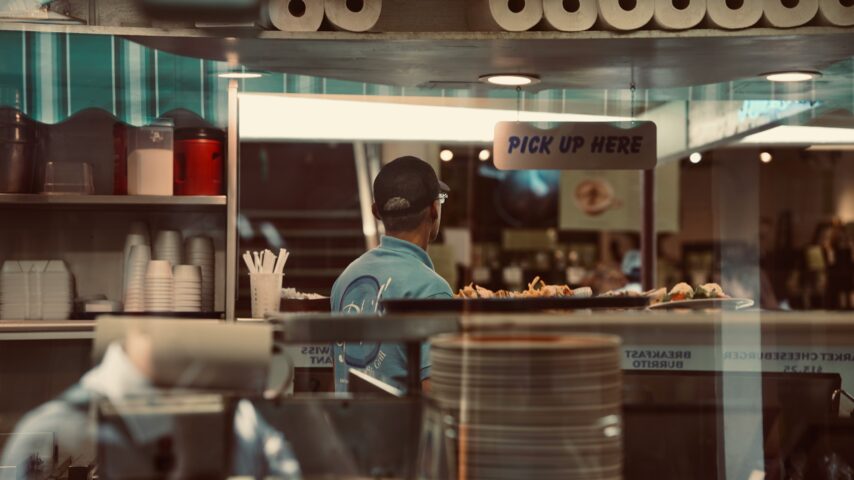In hospitality operations, time is your currency, precision is your asset, and guest satisfaction is your deliverable. Technology should support those goals, not complicate them. Yet many hospitality businesses still operate in disconnected environments where systems don’t communicate — and that disconnection costs money, time, and customer loyalty.
Among the most critical technological investments a hospitality business can make is in its Point of Sale (POS) system. But more than just selecting a POS, it’s the integration capabilities of that system that determine how well your operation can adapt, scale, and thrive in a competitive market.
“Before choosing a POS, take a step back and map out how you actually run your restaurant — the tools you use, the decisions you make, and where those decisions happen. Then ask your POS provider one simple question: will my sales data show up where I need it, when I need it, to make those calls with confidence” – Sebastian Arrese, Director of Partnerships at Tenzo
Whether you’re running a restaurant, hotel, bar, or multi-location hospitality group, POS integrations are the backbone of operational efficiency, customer satisfaction, and data-driven decision-making. Here’s why.
Open API: The Key to Flexibility and Innovation
One of the most important features of a POS system is whether it offers an Open API (Application Programming Interface). An open API allows third parties to build connections with the POS, enabling customised workflows and rapid integration with new tools. An Open API is key, as POS systems themselves typically do not carry out the integration process, leaving it largely the responsibility of the operators or the systems they are integrating with.
With an open API, your business is not locked into a closed ecosystem. You gain the flexibility to:
- Quickly connect new technologies
- Tailor the POS to your unique operational needs
- Work with local or niche vendors
- Future-proof your tech stack as the industry evolves
Live Data Flow: Real-Time Visibility Across Operations
In hospitality, speed matters. Delays and errors can quickly spiral out of control during peak hours. You are often left playing catch-up with your bottom line slowly shrinking. Without visibility, it’s hard to diagnose problems or respond quickly. Real-time data flow through POS integrations allows businesses to make on-the-fly decisions that impact revenue, labour, and guest satisfaction.
Examples of real-time data use cases include:
- Real-time sales reporting: Managers can track performance by location or shift without waiting for end-of-day reports, and make changes while still trading. For example, is the spend per head too low? Are there upselling opportunities your team could be pushing to boost sales?
- Live inventory tracking: Know what’s running low before it’s 86’d — and before a guest gets disappointed. Push alternative dishes proactively.
- Real-time labour cost monitoring: Adjust staffing in response to sales fluctuations as they happen — before labour as a percentage of sales eats into your margins.
- Live alerts and triggers: Set thresholds on key metrics and get notified instantly so you can act before it’s too late.
This kind of visibility is invaluable for multi-unit operators who need centralised dashboards and timely alerts across multiple locations.
Robustness: It’s More Than Just a Working Integration
A POS integration isn’t just about whether two systems can talk to each other — it’s about how reliably and deeply they communicate.
Key traits of a robust POS integration include:
- Stability – No outages or lag during peak service hours. There’s nothing worse than dealing with tech issues mid-shift; your team is left putting out fires instead of delivering hospitality.
- Data depth – Captures granular data (items, modifiers, voids, etc.). While snapshots can offer a surface-level view, granular data enables deeper insight into performance trends.
- Bi-directional sync – Data flows both ways where needed, removing the need to jump between systems and ensuring data transparency across platforms.
- Security – Encryption and compliance with data privacy standards, ensuring your information remains under your control and is not exploited by third parties.
- Scalability – Handles high volumes across multiple sites and ensures your tech infrastructure can support future growth.
A weak integration might offer basic syncing but will struggle under pressure. Robust integrations, on the other hand, enhance operational resilience — even during the busiest times.
Final Thoughts: Why Operations Leaders Should Prioritise POS Integrations
As an operations leader, your priority is to deliver consistent, high-quality service efficiently — and to do so at scale. POS integration is not just about convenience; it’s about unlocking operational control, visibility, and agility that disconnected systems simply can’t offer.
In today’s hybrid, omnichannel, experience-driven hospitality landscape, integrated POS systems are the backbone of scalable and resilient operations.
Get your POS integrated with Tenzo
Tenzo specialises in seamless integrations — connecting your POS system with the rest of your operational data. Ready to get started? Reach out to us at [email protected] and take the first step towards smarter operations!




